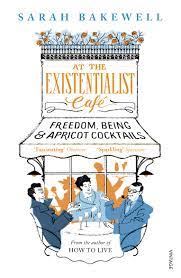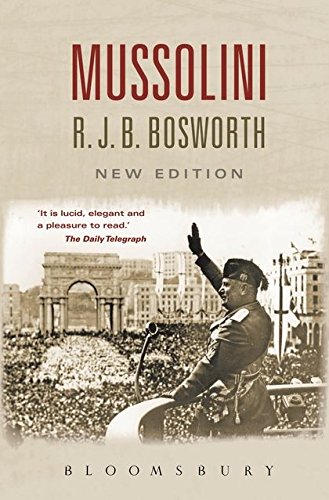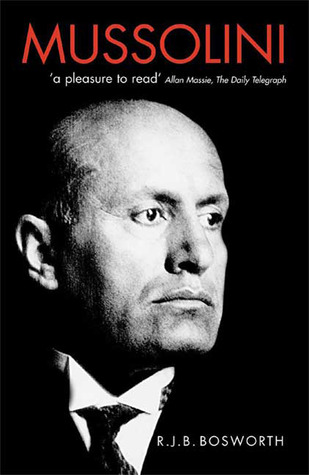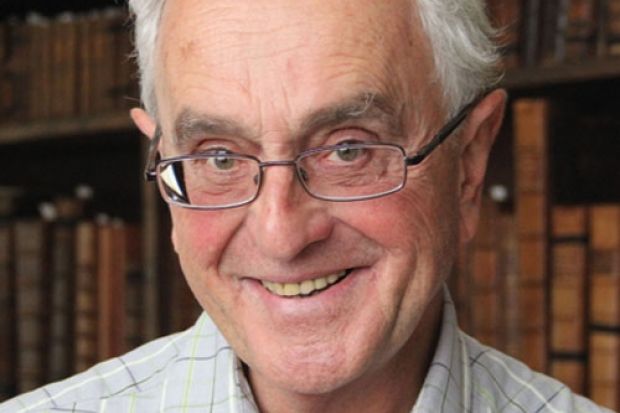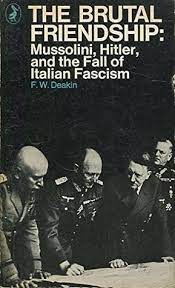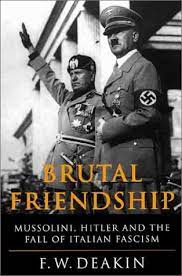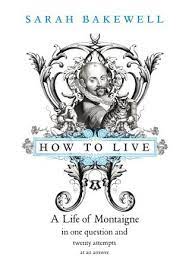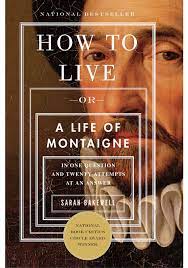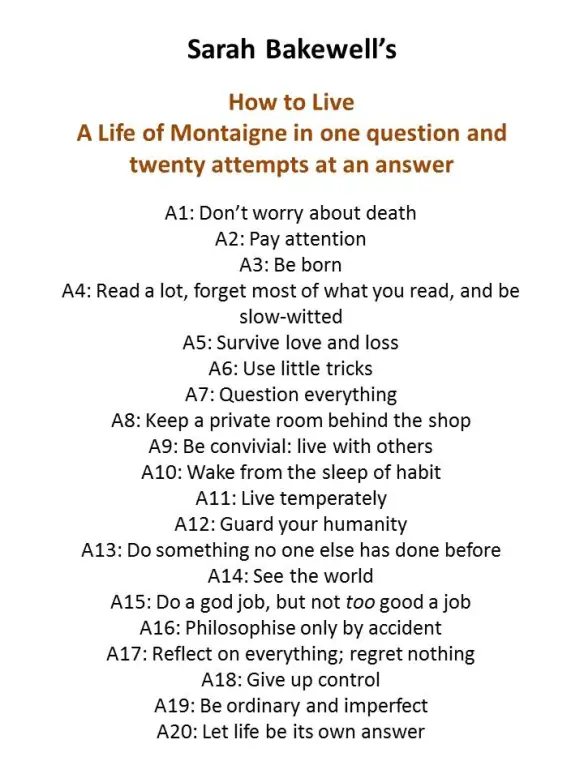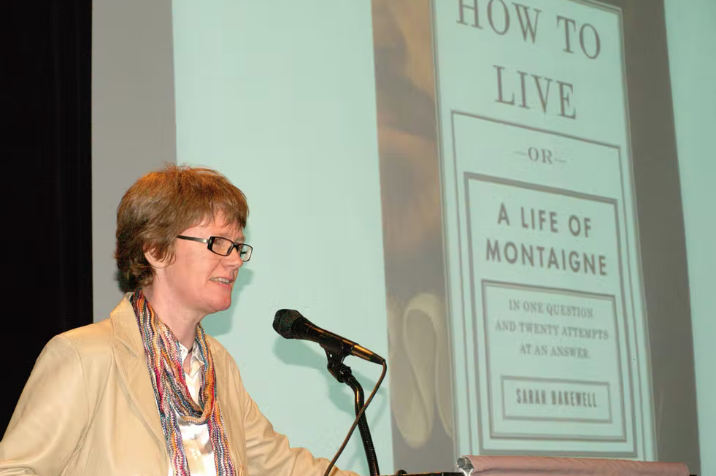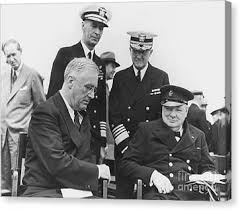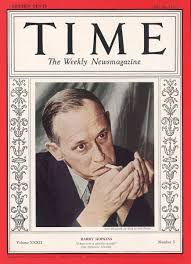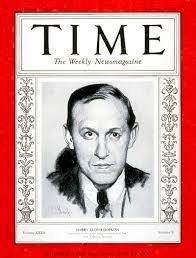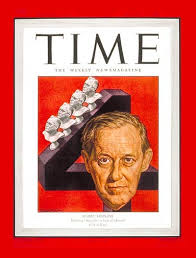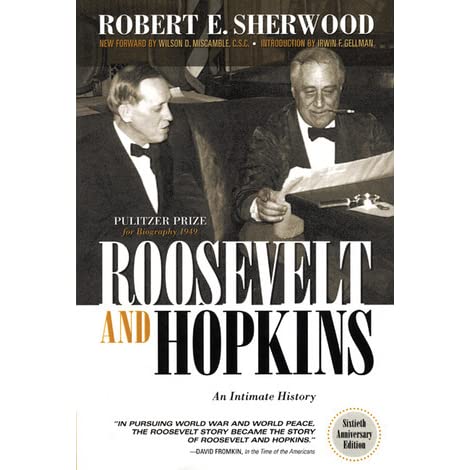At the Existentialist Café (2016) by Sarah Bakewell
GoodReads meta-data is 440 pages, rated 4.24 by 12,819 litizens.
Genre: Explanation.
Verdict: Chapeaux!
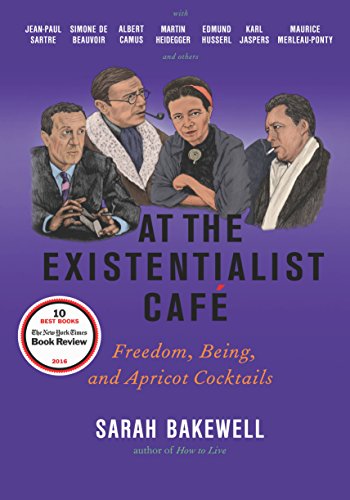
In which the author explains the mystery of life, or rather the way a band of daring layabouts made things so complicated no one could decide what to have for lunch. Whereas philosophers in the past had tried to understand the world, their point was to obfuscate everything so completely that understanding was impossible.
It all started with the gigantic ego named Martin Heidegger who invented his own language, which bears in retrospect a startling similarity to Klingon, convincing every one who tried to read his books that he must be a genius, because his prose was unfathomable. For him lunch was food-being. In German that term is impressive in itself – Nahrungswesen – and when it comes in a sentence full of such portmanteau neologisms, it is masterful. That impression is enhanced by the German practice of putting a capital letter on every noun, and in Heidegger’s prose nearly every word is a noun. By way, Nahrungswesen is preceded by Nahrungswnichtsesen. See, impressive.
Jean-Paul Sartre was a bored high school teacher until he read Heidegger, then he became a boring high school teacher, one who had to tell everyone, in writing, about his sore feet, because philosophy was everywhere and everything, including bunions. This insight sustained him while he was a prisoner of war in 1940-1941 before he liberated himself. Quite a story there.
Bakewell is an amused tour guide who steers readers through the origin, development, narcissism, and decline of existentialism as a school of thought, drinking club, and celebrity coterie. Both Sartre and Simone de Beauvoir emerge as serious people whose enthusiasms carry them off. Bakewell does observe that though both were brilliant students, there was always another one who bested them in the rounds of competitive examinations of supreme importance in France, Simone Weil, who categorically refused to take them seriously. Not sure what to make of that because Weil lived like a creature from another world, seldom eating, never drinking alcohol, sleeping on the floor in an unheated room, and working herself to death in a factory in solidarity with the underclass. She lived the and died talk. That is, however, another story.
The nova that cast off the field of energy called existentialism traces back to Edmund Husserl (1859 -1938), who appears in this story as refreshingly normal. A quiet and introspective scholar who scribbled away without end. He was Jewish and, well, he tried to ignore the world but it did not ignore him. He was abused by the Nazi regime and after his death from natural causes there is ripping yarn about hiding his archive from the Christian book burners. His surviving wife, Malvina, and one of his students risked their lives to conceal his unpublished manuscripts in Germany, then in France, and finally in neutral Belgium. The student smuggled the cartons of papers into neutral Belgium and hid them in the basement of the University Louvain Library. History buffs know what happened next. The whole library was blown up (just as it had been in 1917) again. That is a library to avoid.
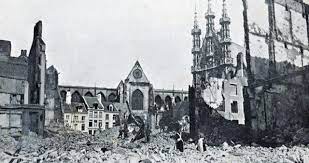
Martin Heidegger’s betrayal of his mentor Husserl for worldly success has been much discussed, and is rehearsed here with an even hand, but there is no doubt that the opportunities the Nazi regime offered Heidegger blinded him to everything else. The fact that he proved to be inept and incompetent in exercising those opportunities does not exonerate him. Bakewell also implies that his mangled prose, mystical thinking, suffocating egotism aligned with the apocalyptic Götterdämmerung of the Nazis, and if she doesn’t I do. Heidegger always banged on about freedom and found that ultimate freedom in abject surrender to Nazi cannibalism. Of course freedom by submission makes no sense to a sane person, but did that number include Heidegger?
I spent a summer once trying to read and understand Heidegger. Big mistake. There is nothing there to understand, except possibly the gymnastics of translators trying to translate the incomprehensible.
While Sartre’s prose was never as deep and dark as Heidegger’s, reading it is no stroll in the park; it is saved by the novels which for all their self-indulgent brooding do tell stories of a sort. Even more so for de Beauvoir whose prose is lucid in comparison and whose novels are spare and focussed (unlike Sartre’s).
Sartre grew to like his celebrity status and cultivated it, and Bakewell certainly provides evidence for that cultivation. He was a public intellectual avant le mot, and loved it. He could drop an opinion on any cause at any time, just as his public intellectual descendants today can switch from opinion on Covid to the War in Ukraine without missing a beat. That is partly because the underlying motif is constant – ‘Everyone else is wrong!’ Irresponsibility is the ultimate freedom of the public intellectual or Fox journalist, two of a kind.
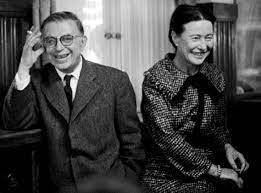
There were so many causes and many opinions, and so many contradictions. Long before John Rawls conceived the Least Advantaged Class, Sartre used the Least Favoured as his reference point. A good start, perhaps, but the concept was neither defined nor managed, and it simply became a rhetorical weapon just like those he despised others using. While Bakewell’s judgement is Solomonic, mine is not. Too much truck with too many murderous dictators for my blind eye(s).
During the Cold War, despite the Hungarian invasion, Sartre applied the label Least Favoured to the Soviet Union, and became an asset as Rupert Moloch is today. Being blind in one eye, that was the orb Sartre turned on the Gulag, and ignored the Least Favoured there. Ditto when he shook Comrade Number One’s hand in Havana, he did not notice the homosexuals in Cuban prison camps.
Then there is the book Dialectical Reason (1960) in which – hocus-pocus videocus! – Sartre synthesised existentialism with Marxism. It is all very Heidegger, the ultimate freedom is submission to an organic whole. The more Sartre I read, the more sense I saw in Ayn Rand! However, that antidote was worse than the disease.
In a parallel track Albert Camus decided life was absurd, having no meaning beyond itself – the unbearable lightness of being – while the firm of de Beauvoir and Sartre decided that we had to give meaning to meaningless life by signing up to a cause, or in their cases, causes.
Then there was the only likeable one of the bunch Maurice Merleau-Ponty who tried first the de Beauvoir-Sartre recipe becoming a truculent communist for four years but finding that boring he then switched to Camus’s fatalism with a dopey smile. All the while he continued to dance the night away to jazz, had a normal home and family life, and enjoyed a good meal without once having to philosophise about his bunions. Moreover, he wrote a lucid French that anyone could understand. No wonder he was nearly barred from the Existentialist Café.
One of the character actors in these dramas was Emmanuel Levinas (1906-1995) whose prose was so inscrutable he surpassed master Heidegger in incomprehensibility. No one understood what he meant – did he?- yet the publishers produced about forty of his books. A coterie of PhDs has since made a living interpreting his runes in an even bigger pile … of books. In the last generation Post Modernism has made this obscurantism into a totem and incomprehensible books are a career path. Levinas’s dauphin was Félix Guattari (1930-1992) whose prose is overgrown like a temple in a tropical jungle with no Indiana Jones in sight to cut it away. There are more than forty books bearing his name. He became the favourite whipping boy of critics of Po-Mo who quote from his overgrown, tangled prose in which no straight lines ever appear. His posthumous persecution by these critics has aroused spirited defences by the defenders of the indefensible in Wiki and Blog Wars far and wide. A nearby keyboard will reveal all. Get clicking to find out more.
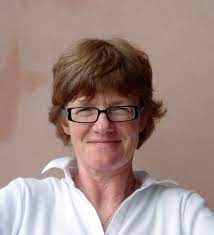
There is much more in Bakewell’s book than these selective and acerbic comments cover, so read it!

